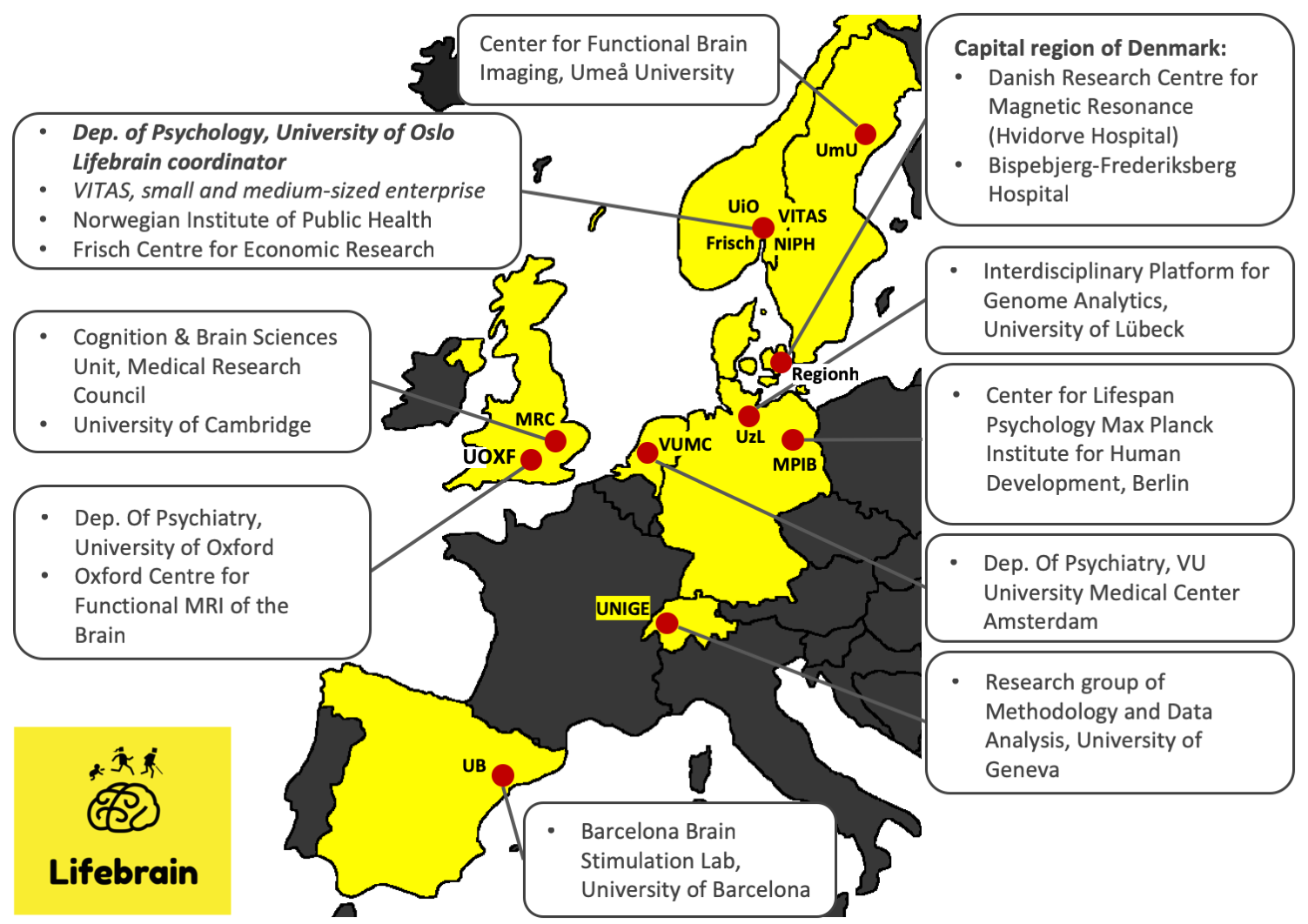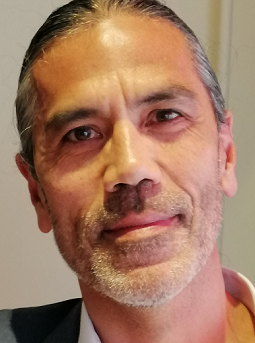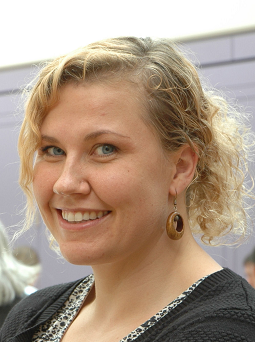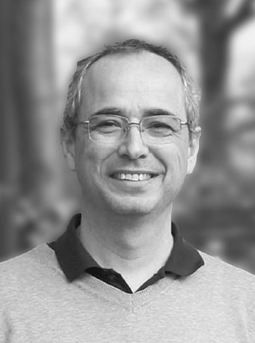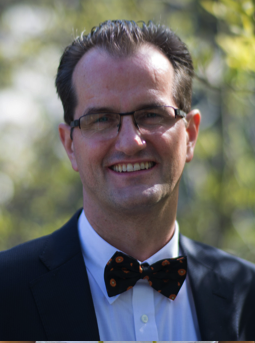
DRCMR is partner in the EU Horizon 2020 funded Lifebrain project (http://www.lifebrain.uio.no/). Lifebrain integrates 11 longitudinal and seven cross-sectional, mostly population-based, European cohort studies from eight research centres, investigating cognitive and mental health across the lifespan. Lifebrain is coordinated by Prof. Kristine Walhovd from the Centre for Lifespan Changes in Brain and Cognition, University of Oslo, Norway, and is realized through close collaboration of major European brain research centres and a small and VITAS, which is a medium-sized enterprise specialized in measuring biomarkers in dried blood spots (see figure below).
Lifebrain started in January 1st 2017, and is now in its second year of the five-year funding period. Lifebrain is organized in seven work packages. Senior researcher William Baaré from DRCMR is work package leader of work package 2: data management and integration.
Lifebrain aim and objectives
The main goal of Lifebrain is to identify determinants of brain, cognitive and mental health at different stages of life and to establish a solid foundation of knowledge for understanding how brain, cognitive and mental health can be optimized through the lifespan.
Lifebrain intends to link existing cohorts to national registries, biobanks and data from other large studies, and enrich them with new online data collection. By working with stakeholders and health authorities, the project strives to provide the evidence base for (personalised) policy strategies for prevention and intervention, improving clinical practice and public health policy for brain, cognitive and mental Health.
Lifebrain achievements
Lifebrain is characterized by a focused, smooth and productive collaboration across partners and has made great progress in the first two years of its existence and delivered on all project milestones. These include the development of a data storage, management and analysis infrastructure, categorization of all available data across Lifebrain data sites, initiation of online data enrichment, development of dried blood spot kits to measure specific biomarkers of interest, development of standardised brain image analyses pipelines, development of statistical tools for analysing multidimensional longitudinal and multicentre data, and stake holder engagement and outreach.
Lifebrain current status
The next phase of Lifebrain will focus on harvesting the rich data available in Lifebrain. Several studies have been initiated and are in progress. A key study investigates the role of social economic status and cognitive abilities on structural brain measures using a meta-analytic framework. Other studies focus on e.g. memory, depression, personality, and sleep. Furthermore, Lifebrain data sites are continuing to populate the Lifebrain database and restructuring and reprocessing brain image data using uniform pipelines.
Impact
Lifebrain will make major conceptual, methodological and analytical contributions towards large integrative cohorts and their efficient exploitation. Moreover, Lifebrain will provide novel information on brain, cognitive and mental health maintenance as well as onset and course of brain, cognitive and mental disorders. This will pave the way for earlier diagnosis of brain disorders, aberrant development and decline of brain, cognitive and mental health, as well as future preventive and therapeutic strategies. Lifebrain will closely work with stakeholders and health authorities to promote personalised policy strategies for prevention and intervention and improving clinical practices. Finally, Lifebrain will promote public health policies for brain, cognitive and mental health.
